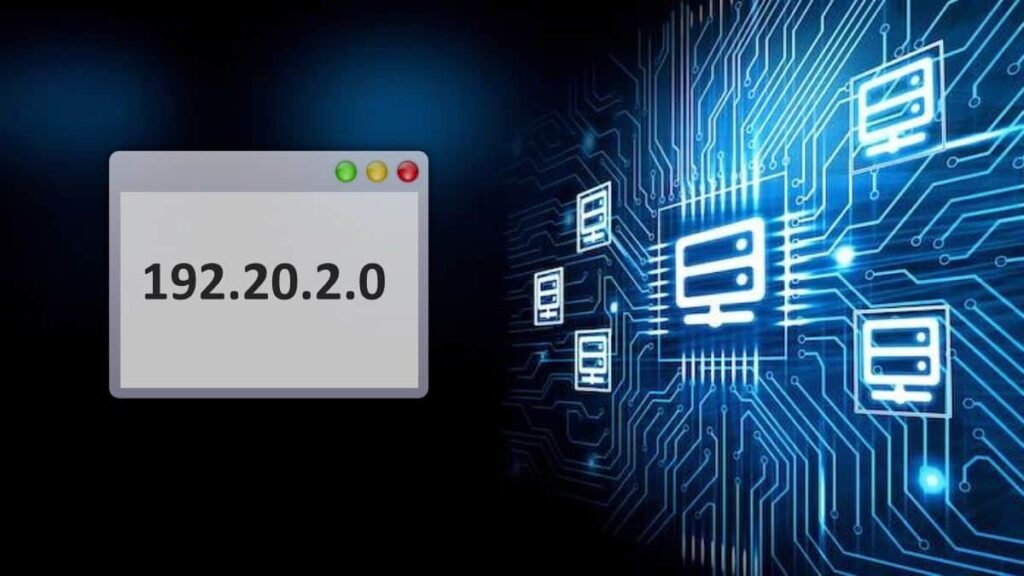In network security, one of the fundamental goals is to ensure the availability and confidentiality of an organisation’s systems and data. This involves implementing various controls, protocols, and measures to protect against threats and vulnerabilities. IP stressers, while often associated with performance testing, also play a crucial role in strengthening an organisation’s network security posture.
Network security refers to the strategies and technologies employed to secure the connectivity, confidentiality, and accessibility of data transmitted over an organisation’s network. It protects the network infrastructure, including hardware, software, and data, from unauthorised access, misuse, or disruption. Effective network security is critical for maintaining business operations, safeguarding sensitive information, and preventing financial and reputational losses.
Here are some fundamentals of network security:
- Firewalls: Firewalls act as a barrier between an organisation’s internal network and external threats, controlling network traffic based on predefined rules.
- Intrusion Detection and Prevention Systems: The system monitors traffic for signs of malicious activity, alerts administrators and takes appropriate measures to mitigate identified threats.
- Secure Protocols: Secure communication protocols like HTTPS, SFTP, and SSL/TLS provide that data transmitted is protected from interception.
- Access Controls: Network security involves implementing robust access controls to restrict unauthorised users from accessing sensitive resources. This includes user authentication, authorisation, and accounting mechanisms.
- Network Segmentation: Dividing the network into segments or zones helps contain the impact of a security breach. This way, if one segment is compromised, the damage can be isolated, and sensitive data in other segments remains protected.
- Regular Updates and Patching: Keeping all network devices, software, and systems updated with the security patches to address known vulnerabilities and prevent exploitation.
- Security Audits: Conducting regular security audits and pen tests helps identify weaknesses, misconfigurations, or vulnerabilities in the network that attackers could exploit.
Role of IP stressers in network security
IP stressers are often associated with performance testing when we dig deep into how does a ip stresser work, but they also have significant applications in network security:
- Security Testing: IP stressers can simulate high-volume traffic similar to that seen in Distributed Denial of Service (DDoS) attacks. By directing this simulated traffic to the organisation’s network, security professionals can assess the effectiveness of firewall rules and other security controls. This type of testing helps identify vulnerabilities and ensure that the network can withstand intense pressure without compromising security.
- Resilience and Redundancy Testing: IP stressers enable organisations to test the resilience and redundancy of their network infrastructure. By subjecting the network to stress, administrators can validate that failover mechanisms kick in as expected, ensuring high availability and minimising downtime in the event of a failure or overload condition.
- Security Configuration Validation: When making changes to network configurations or deploying new security measures, IP stressers can validate that the new settings do not introduce security vulnerabilities or weaken existing controls. This helps ensure that any changes made do not inadvertently increase the network’s attack surface.
- DDoS Mitigation Testing: For organisations that rely on DDoS protection services, IP stressers are invaluable for testing the effectiveness of these defences. Administrators can assess whether the mitigation techniques successfully detect, absorb, or deflect the attack traffic by simulating various DDoS attacks.
- Security Awareness and Training: IP stresser tests provide valuable insights that can be used for security awareness and training purposes. Employees become more vigilant and better equipped to recognise and respond to security threats by understanding the impact of high-volume traffic and potential attack vectors.
IP stressers are versatile tools that extend beyond performance testing and are crucial in enhancing network security.

